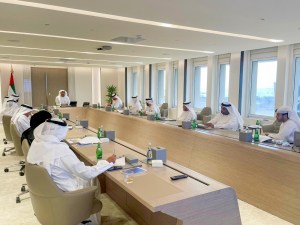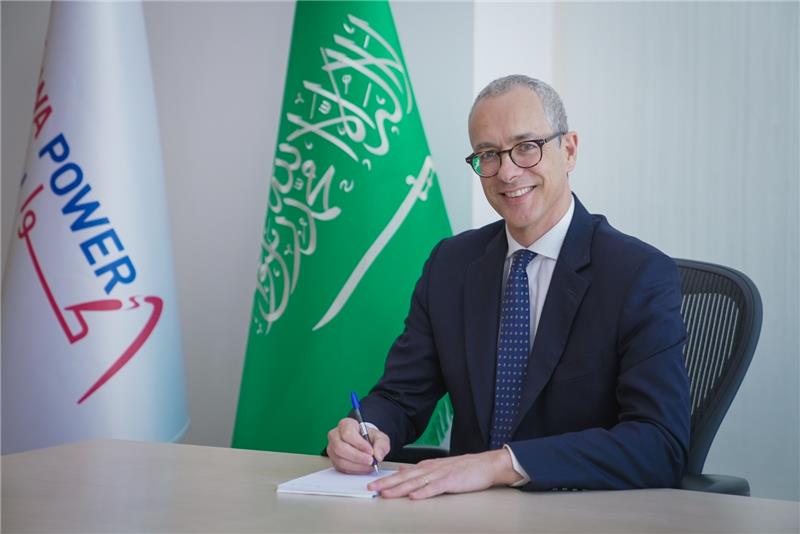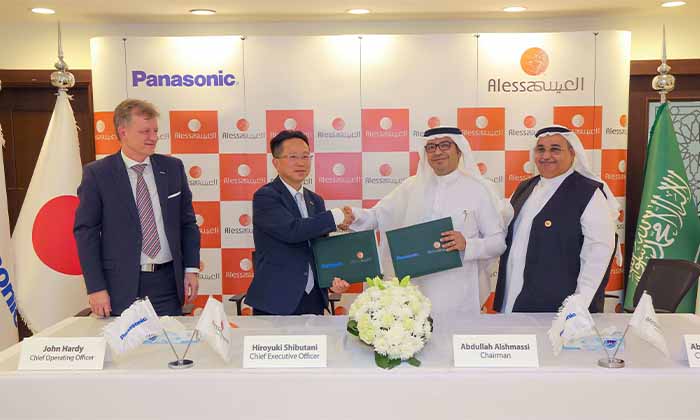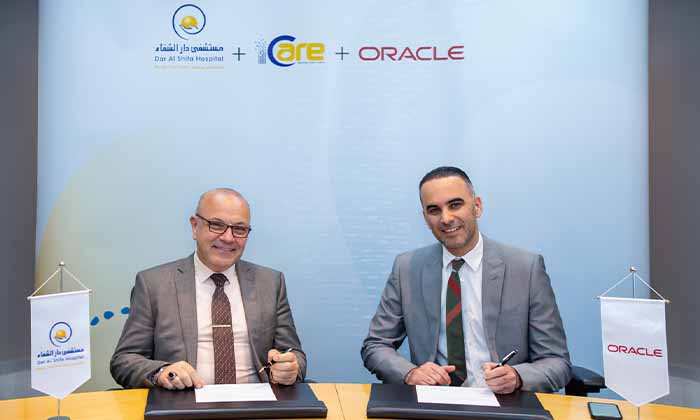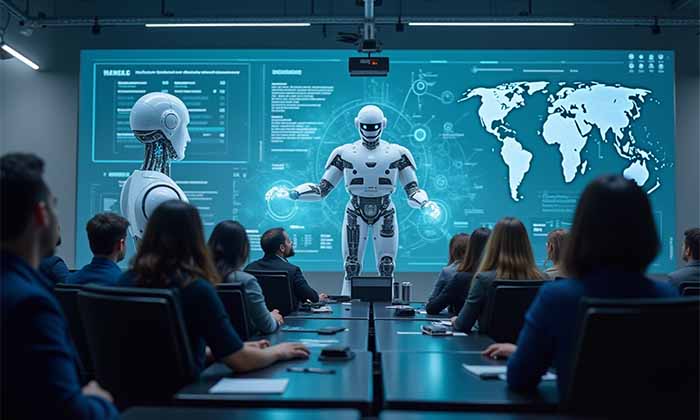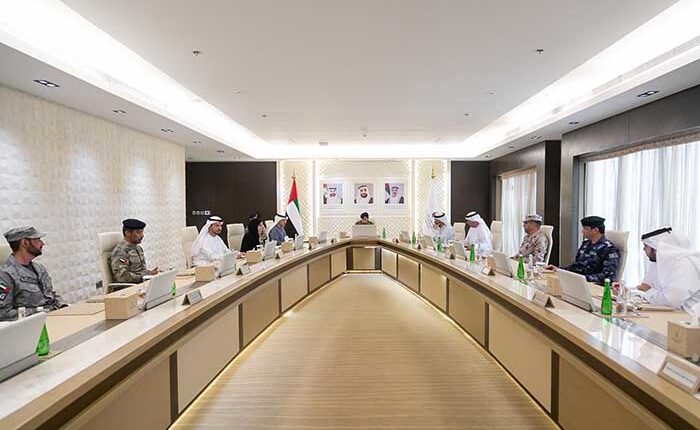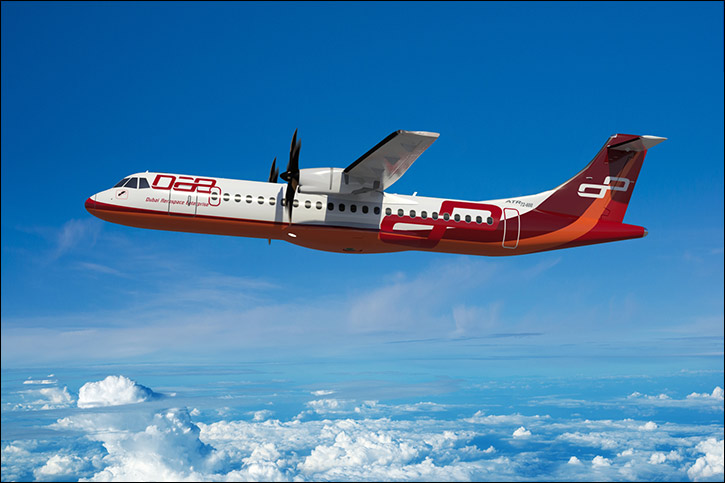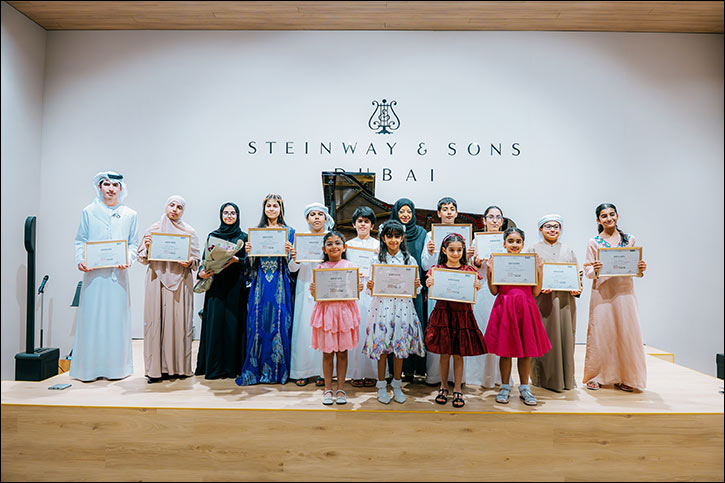Abu Dhabi-UAE: The National Committee for the National In-Country Value (ICV) Program, formed by the UAE Cabinet, held its inaugural meeting to discuss the development of detailed guidelines and criteria for its implementation at the federal level, as well as the response for applications from large national companies. The committee, which includes the Ministry of Industry and Advanced Technology (MoIAT), a number of federal and local authorities and national companies, reviewed the program’s developments and KPIs since its launch as part of the “Projects of the 50” in September.
Chaired by HE Omar Suwaina Al Suwaidi, Undersecretary of the Ministry of Industry and Advanced Technology, the National Committee also appointed a technical committee for the program to oversee its most important tasks and assessed the impact on the industrial sector and the national economy of the companies recently joining the program. It discussed proposing new incentives, benefits and opportunities to encourage more companies to seek ICV certification, proposing awareness-raising workshops in cooperation with its members, and also looked into ways to stimulate advanced technology adoption through the program.
Empowerment and incentives
HE Al Suwaidi said: “Launching the National ICV program among the ‘Projects of the 50’ falls in line with the strategic goals of the National Strategy for Industry and Advanced Technology. These goals encompass empowering and incentivizing the UAE’s industrial sector, improving its performance and strengthening partnerships and collaboration within the private sector. Under the program, 42% of government spending will be redirected to UAE-based companies by 2025.
“The ICV program is expected to reach numerous milestones in that time, including increasing the internal demand for local products and services from AED33 billion currently to AED55 billion, while encouraging local manufacturers to diversify and develop their production to meet that demand. Developing their business models and production methods will also help them meet ICV certification criteria, thus enhancing their chances of partnering with global entities seeking to leverage this opportunity,” HE Al Suwaidi added.
HE Al Suwaidi added: “We also expect the redirection rate of government spending towards UAE-based companies to surge to 50% by 2031. The ICV program will bolster efforts to increase demand for local products and services and will also contribute to creating job opportunities for UAE nationals in the private sector. It will promote investments in R&D and thus encourage advanced technology adoption at various phases of the value chain. This will also stimulate the competitiveness of Emirati products and increase their export to global markets. All of these elements are interrelated and interconnected.”
Comprehensive Implementation
He added that the program will be implemented in an integrated manner in all federal entities by the end of this year as well as in 12 major national companies, noting that the program will help promote the capabilities of national companies and attract more foreign investments to the industrial sector. The Emirates Development Bank, the ministry’s strategic partner, will also provide competitive financing capabilities and solutions to companies holding the program’s certificate.
Open Data
In 2022, the Ministry of Industry and Advanced Technology will for the first time provide an open database of manufacturers, suppliers and entrepreneurs joining the ICV Program. This will help them get familiar with the supply-and-demand ecosystem in the industrial sector and enable them to direct their efforts toward opportunity-rich areas, thus improving their performance and supporting growth, expansion and prosperity.
The program will also encourage the industrial sector to adopt advanced technologies and 4IR solutions to improve production capacity and upgrade the quality of products in line with government procurement requirements. In addition, it will encourage suppliers and international companies to increase R&D spending, enhancing the competitiveness of Emirati industries in the local, regional and global markets.
The ministry will expedite and facilitate the various work procedures in the industrial sector and raise the levels of coordination in order to enable all parties to cooperate.
Participants
The meeting was attended by His Excellency Younis Al Khoury, Undersecretary of the Ministry of Finance, His Excellency Abdullah Ahmed Al Saleh, Undersecretary of the Ministry of Economy, His Excellency Nasser Abdullah bin Kharbash, Undersecretary for Emiratisation at the Ministry of Human Resources and Emiratisation, and His Excellency Saed Al-Awadi, CEO of the Dubai Industries & Exports.
The meeting was also attended by His Excellency Dr. Abdulrahman Al-Shayeb Al-Naqbi, Director General of the Department of Economic Development – Ras Al Khaimah, Sheikha Abdullah Al Shamsi, Deputy Manager of the Department of Economic Development – Umm Al Quwain, Dr. Saleh Al Hashemi, Head of Department of Commercial Affairs and In-Country Value at ADNOC, and Khaled Mubarak Bani Zama, Director of the Industrial Development Department in the Department of Economic Development -Abu Dhabi.
About the Ministry of Industry and Advanced Technology:
The UAE’s Ministry of Industry and Advanced Technology (MoIAT), established in July 2020, is mandated with strengthening the UAE’s industrial sector, specifically by accelerating the adoption of advanced technologies and Fourth Industrial Revolution (4IR) solutions across the value chain.
MoIAT has three overarching goals: Strengthening the UAE’s industrial base, ensuring in country value, and raising the competitiveness of local industries. By enhancing the contribution of advanced technology, the Ministry will support the country’s sustainable economic growth, and ensure GDP contribution from the industry sector.
The Ministry will draft policies, laws and programs to create a world-class industrial development framework for the nation that will help attract foreign direct investment, boost In-Country Value creation, support national entrepreneurship, drive job creation, and boost exports of ‘Made in UAE’ products.
From encouraging the establishment of industrial complexes to raising local capacity in advanced technology, the Ministry will accelerate industrial development in a bid to drive economic growth, diversification, value retention and national self-reliance.
